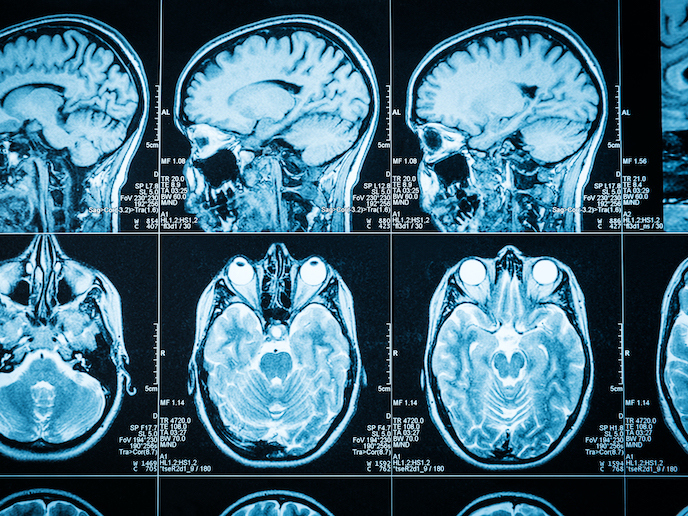Role of non-coding RNAs in cancer
Recognised as a disease of the genome, cancer can be caused by mutations, amplifications, deletions or deregulation of genomic products. Only 2 % of the human genome is transcribed and translated into proteins while up to 70 % is transcribed into ncRNAs. The aim of the EU-funded Marie Curie 'Function of non-coding RNAs in lung cancer' (NCRNALUNGCANCER) project was the characterisation of the functional relevance of long ncRNAs in lung cancer. The ncRNA MALAT1 gene is a marker for the development of distant metastasis and poor prognosis in early stages of non-small cell lung cancer. Researchers focused on MALAT1 and developed a strategy to create functional knockouts for the ncRNA in human cells based on genome editing. Using synthetic zinc finger nucleases targeting the 5'-end of MALAT1, they integrated different RNA destabilising elements into the genome of human lung cancer cells. This strategy resulted in a 1000-fold silencing of MALAT1 and allowed an in-depth functional characterisation of the cellular loss-of-function phenotype. Cells lacking MALAT1 displayed severe impairment in migration. MALAT1-depleted cells gave rise to significantly fewer and smaller tumour nodules in a mouse metastasis model. Indeed, alternative MALAT1 inhibition in the cells using antisense oligonucleotides also caused a dramatic decrease in metastasis. Thus, MALAT1 could be a marker and active player in lung cancer metastasis, as well as a promising target for a metastasis prevention therapy. Additionally, in a set of 27 lung adenocarcinomas and matched non-malignant tissues from the same patients, the researchers identified 479 long ncRNAs with differential expression between cancer and normal tissue. These ncRNAs are prime candidates for future functional studies. Data generated in NCRNALUNGCANCER will provide a basis for future discovery of the markers and active players in lung cancer and metastasis. Since metastases are the most frequent cause of cancer-related death, these findings are important for effective therapy.







